It is a great privilege to interview Os Guinness regarding his newest book release – A Free People’s Suicide. A good deal has been written about Os Guinness’ remarkable family history and his expansive professional endeavors. His life story is as fascinating as anyone I have ever met or ever read of. Few people today have had as broad and deep an influence on contemporary Christian thinking as Os Guinness, or been as involved in shaping future leaders. Founder of the Trinity Forum, Os has also served as Senior Fellow at the EastWest Institute and as Executive Director of The Williamsburg Charter Foundation. He has worked as a freelance reporter with the BBC, spoken to innumerable assemblies including the British House of Commons and the U.S. Congress, and has authored or edited over 30 books.
Regarding A Free People’s Suicide, many comments have been made about it but this one rings longest in my thoughts.
“Sometimes a book is so important and so timely that not to have read it is to embarrass oneself. This is such a book. Its message is so crucial and so clear that all Americans are obligated to read it and have a national conversation on its themes. No cultural commentator or politician who has not read this book should ever be taken seriously again. Let this book be the new litmus test. If you are serious about America, be familiar with its themes and expect to discuss them and to be tested on them. Rest assured that you will be, because America is now herself being tested on them. Alas, we will not be graded on a curve. This book’s clarion call is both piercing and full of hope. May God help us to hear it and to take action.”
(Eric Metaxas, author of Bonhoeffer: Pastor, Martyr, Prophet, Spy and Amazing Grace: William Wilberforce and the Heroic Campaign to End Slavery )
What strikes me most remarkable about Os Guinness is not where he came from or what he was given, but what he has made of what was given him. Unlike so many who have been born gifted with exceptional capabilities and family foundations, Os has used his gifts not simply to benefit himself and his own family, but across the whole of his remarkable career he has championed the voice of what is good and true in a way that will reproduce into the next generations. In person I can attest that he is kind, courteous, and gracious. I am inspired with his faithfulness and his commitment to speaking out with clarity in the midst of murky and confusing times. I am comforted by his courage to look at our condition with such open eyes and still see hope. For the witness he is, I am grateful for Os Guinness.
LES: What prompted you to write this particular book? The title – A Free People’s Suicide – is quite somber and yet the content, especially the closing chapter is surprisingly hopeful. How can such a stark look at the current condition of the American culture lead to a hopeful outlook for our future?
OG: My constant concern is to try and make sense of our times, and the question was which angle is best to look at the US. In this book, I use St Augustine’s idea that to understand a nation, you have to examine what it loves supremely. There is no question that for America, that is freedom. So if St Augustine is correct, the state of freedom today will be a good indicator of the condition of America today.
Some think the title is depressing because of the word “suicide,” and therefore that the analysis must be pessimistic. But the title is based on a quotation by Abraham Lincoln, which is open-ended rather than deterministic. Americans can try to live free for all time, but only if they pay attention to what it takes to achieve it.
LES: As a self-described European, British by descent, having been born in China and lived there in such a crucial time of your development and of China’s, you have a unique and widely traveled vantage point for observing America. Why did you choose of all places to live here, and what compels you to be a voice crying out to the American people to repent and turn from the path we are on as a nation?
OG: Even if the U.S. is experiencing at least relative decline, she is still the world’s lead society, so every that happens here is automatically of crucial interest to the world. But beyond that obvious point, I have long been convinced that the U.S. is experiencing a profound crisis of cultural authority, which will be decisive for its future – and in addition, the status of the Christian faith is critical to the outcome of this crisis. So I feel privileged to be here at this extraordinary time for the country and for the church in this country.
LES: What has been most difficult for you in writing this book and grappling with these issues?
OG: When Tocqueville wrote Democracy in America, Americans were understandably flattered, even though he wrote the book for his fellow-Frenchmen. But Americans today, to put it mildly, are touchy about the State of the Union. So there is still a stubborn insistence that “the best is yet to be,” as the President said recently. But at the same time, there is very little comprehensive analysis of all that is wrong, and all that needs to be put right if the U.S. is to continue strong and free, and there is even less leadership to tackle some of these urgent issues.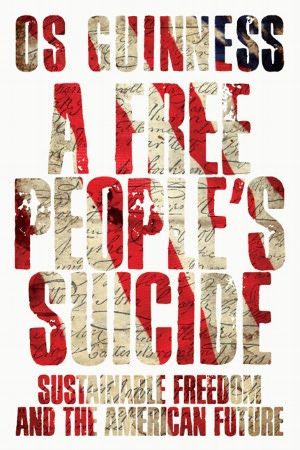
LES: In “A Free People’s Suicide” you coin the term -“sustainable freedom”. The words individually are used so ubiquitously now in modern language that the common person does not stop to consider what they fully mean. ‘Sustainable’ is a buzz word used for everything from environmental issues to relationships to politics. Few remember, or care, that its origins in Middle English, Old French and Latin mean “to hold up, endure, support” or to hold up from below. Likewise, most folks don’t give much thought to actual meaning of the word ‘freedom’. The wide spread common understanding of the word ‘freedom’ has come only to mean not having to answer to a higher authority or being essentially master-less. Given America’s long national history of iconizing the noble individual this is not surprising, though lamentable. The ignorance here about our words is as costly as the ignorance about our history. Both are intertwined. How do you define “sustainable freedom”? How did you come to develop that term?
OG: Think of two things. On the one hand, one of history’s simplest lessons is that freedom does not last. On the other hand, your founders’ attempt to build a free society that could last forever is perhaps the most brilliant and daring thing they attempted. You would think that contemporary Americans would be eager to enter into the challenge of how to sustain freedom – especially because sustainability is such a fashionable idea today. Astonishingly, no one seems to bother about sustainable freedom, which is simply a vision of freedom that contains the conditions to keep it going.
LES: I am particularly struck but the word ‘endure’ in the meaning of sustainable and especially in the context of sustainable freedom which might then read “endurable freedom”. There is an element of having to ‘endure’ freedom because true freedom requires the individual or the nation that carries it a stern measure of responsibility. This is addressed I believe most succinctly in your chapter titled “The Golden Triangle” where you discuss the three elements that form the legs of the golden triangle – of virtue, faith, and freedom. The issue of responsibility is bound up deeply in the requirement for virtue in that trinity. In that discussion you write about the differences between character and competence, as you have in some of your earlier works including Character Counts: Leadership Qualities in Washington, Wilberforce, Lincoln, and Solzhenitsyn. Would you describe for us what you see as the essential conflict between those two elements of character vs. competence?
OG: Character as the founders understood it was a matter of virtue that has become a “habit of the heart” in Tocqueville’s famous term. It was crucial to leadership. This idea was common to the Greeks as well as to the Hebrew and Christian Scriptures. But ever since the 1920s, America society has been progressively secularized, virtue has been stigmatized, civic education has disappeared, and any notion of the habits of the heart has been abandoned. What matters now is legal, administrative, and managerial competence, and the role of character has been replaced by law, regulations, and technological surveillance – all at the expense of freedom.
LES: Very closely related to this it seems to me is our need of direct dependence on God both to develop the faith element of the triangle and in the practical out-workings of interpreting the Constitution. How sustainable can any freedom be apart from that mysterious freedom through submission to the Holy Spirit?
OG: Roots and foundations are a key issue today, and the U.S. is quickly becoming a cut-flower civilization. Our atheist friends tell us tirelessly that society has no need of God. But for better or worse, the founders were not sanguine about a society of atheists, and twentieth century history has added dark examples to underscore their concerns. Can the U.S. become the secularist society the atheists wish for, and avoid the pitfalls of Nazi Germany, the Soviet Union, China, and Cuba? The jury is still out, but it would be folly to be blithe optimists without serious examination. For those who understand the stern challenges of creating free, open, and enduring societies, the founders’ brilliant solution, which I call the “golden triangle of freedom,” is worth studying seriously.
LES: What do you mean by the term an “ordered freedom” and, from your own point of view, is there any realistic hope of regaining it in America?
OG: The great historian of freedom Lord Acton insisted that freedom is not the permission to do what we like, a negative view of freedom that leads only to permissiveness, license and chaos. Rather, it is the power to do what we ought. In short, the Declaration of Independence required the Constitution, and free people require a moral and legal framework that orders their freedom. For Christians, God’s truth is what orders our freedom, so Jesus said “the truth will set you free,” and the Anglican Prayer Book beautifully says that his “service is perfect freedom.”
Here is a link to an excellent video of Os Guinness speaking about the concepts he explores at greater length in A Free People’s Suicide. This video also gives you a look at the remarkable events hosted at Socrates in the City.
Click here for Part 2!
The images of Os Guinness in the following interview series are copyright of Lancia E. Smith.
If you wish to use the images please contact me directly regarding their usage.
Thank you so much for your courtesy!
Many blessings to you friend!
Lancia E. Smith is an author, photographer, business owner, and publisher. She is the founder and publisher of Cultivating Oaks Press, LLC, and the Executive Director of The Cultivating Project, the fellowship who create content for Cultivating Magazine. She has been honoured to serve in executive management, church leadership, school boards, and Art & Faith organizations over 35 years.
Now empty nesters, Lancia & her husband Peter make their home in the Black Forest of Colorado, keeping company with 200 Ponderosa Pine trees, a herd of mule deer, an ever expanding library, and two beautiful black cats. Lancia loves land reclamation, website and print design, beautiful typography, road trips, being read aloud to by Peter, and cherishes the works of C.S. Lewis, J.R.R. Tolkien, and George MacDonald. She lives with daily wonder of the mercies of the Triune God and constant gratitude for the beloved company of Cultivators.
Leave a Reply
A Field Guide to Cultivating ~ Essentials to Cultivating a Whole Life, Rooted in Christ, and Flourishing in Fellowship
Enjoy our gift to you as our Welcome to Cultivating! Discover the purpose of The Cultivating Project, and how you might find a "What, you too?" experience here with this fellowship of makers!
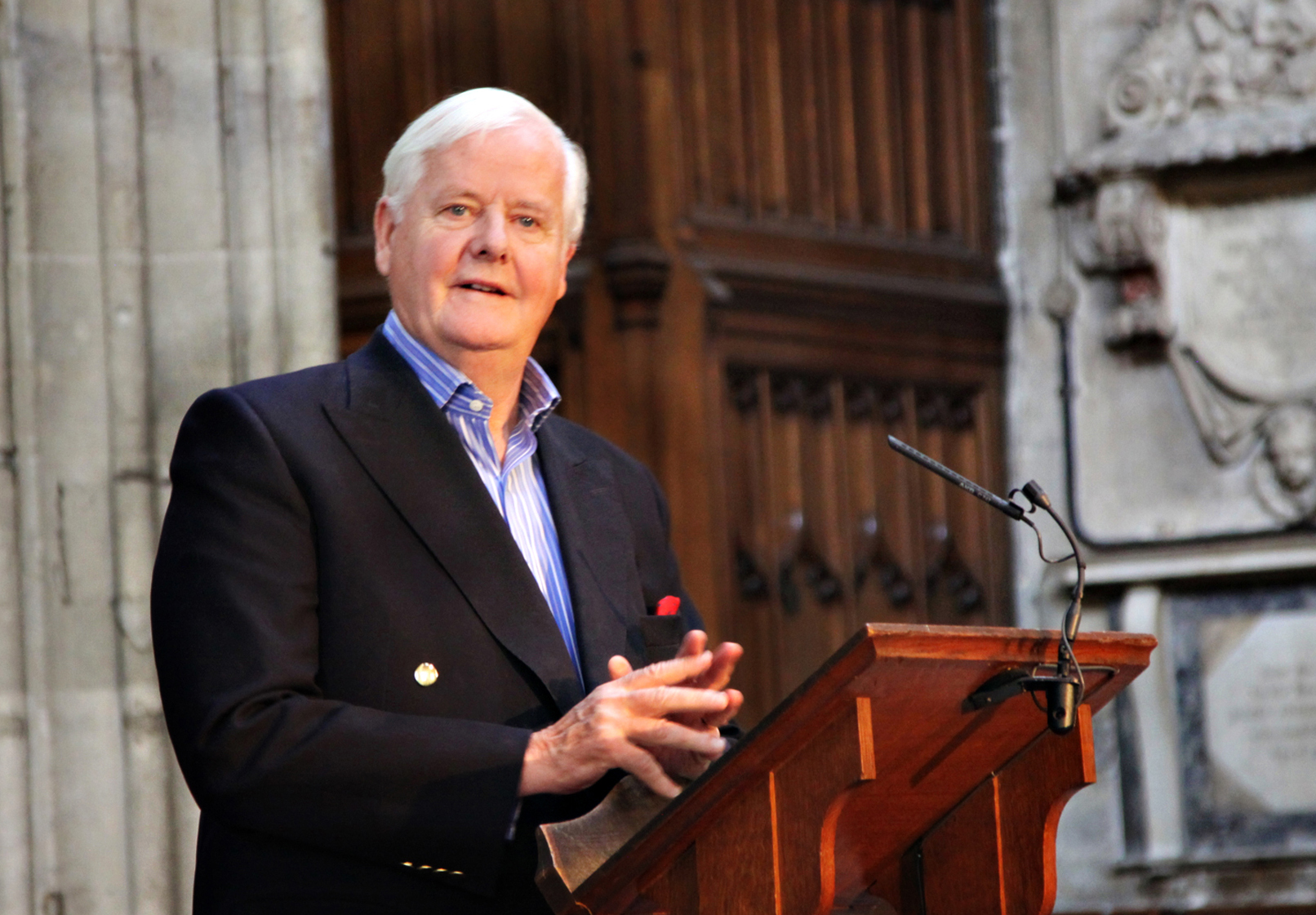
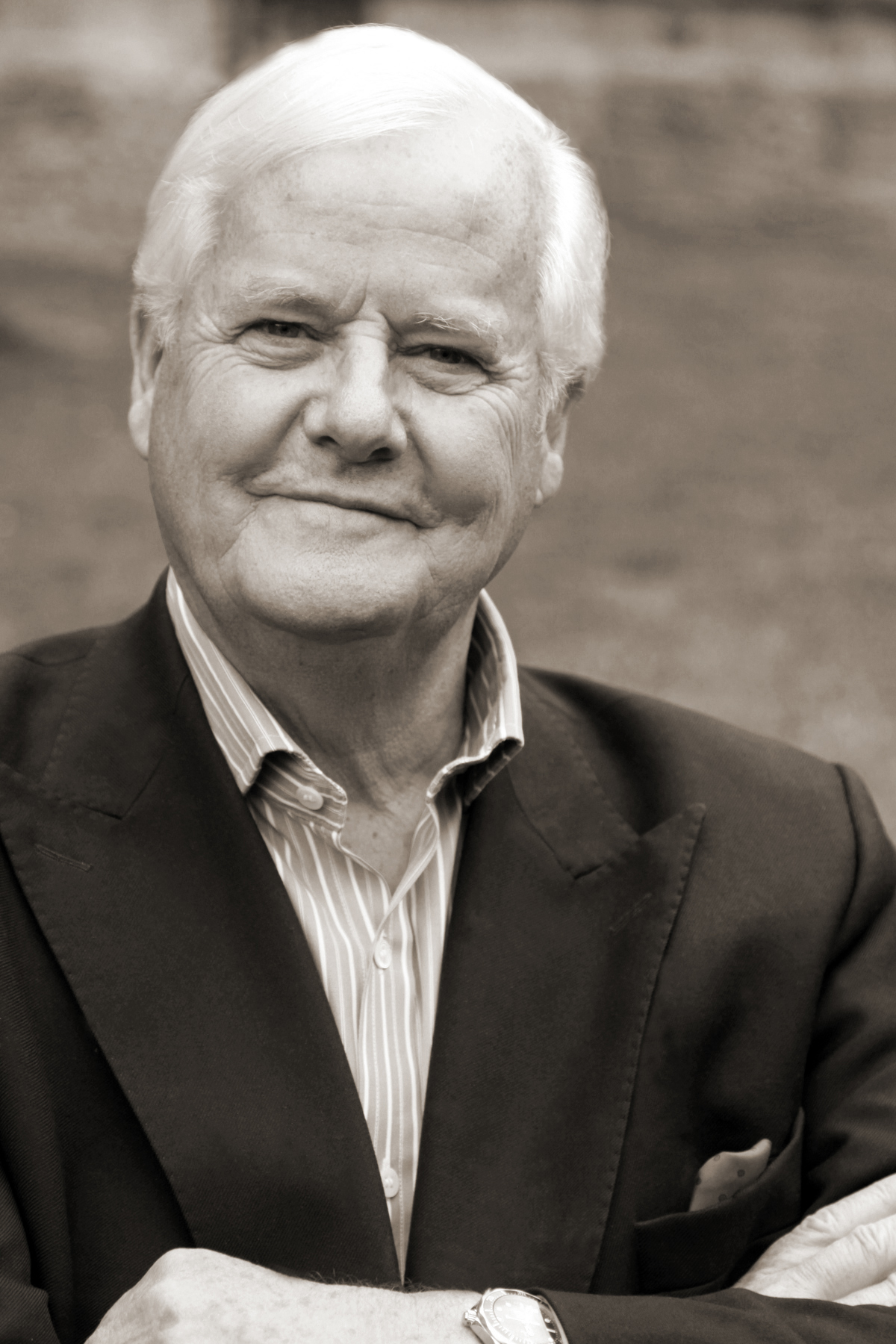
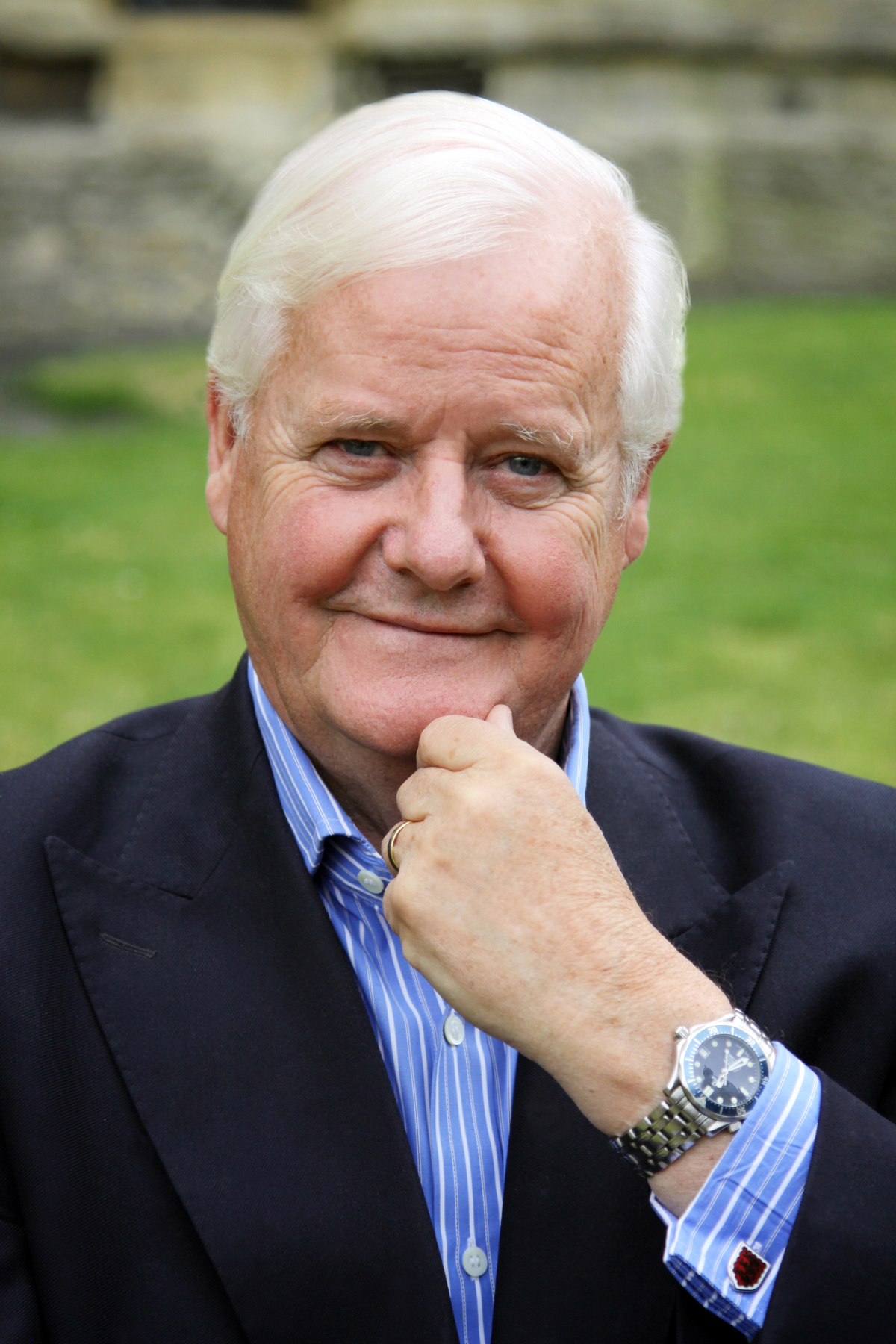
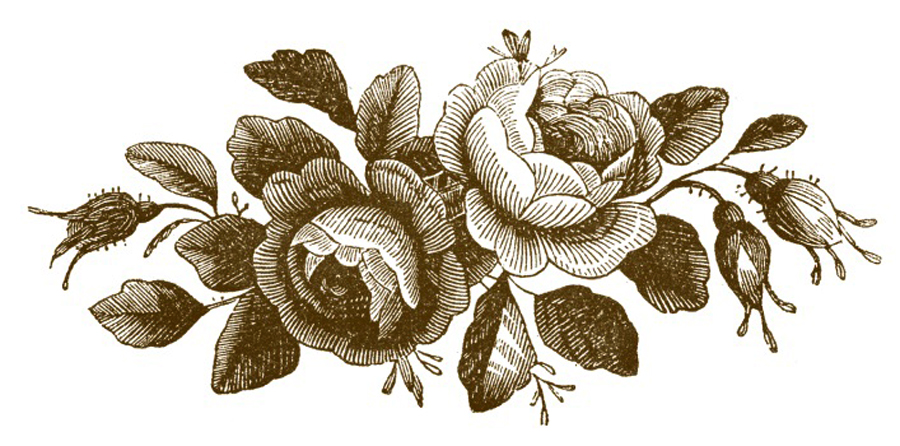
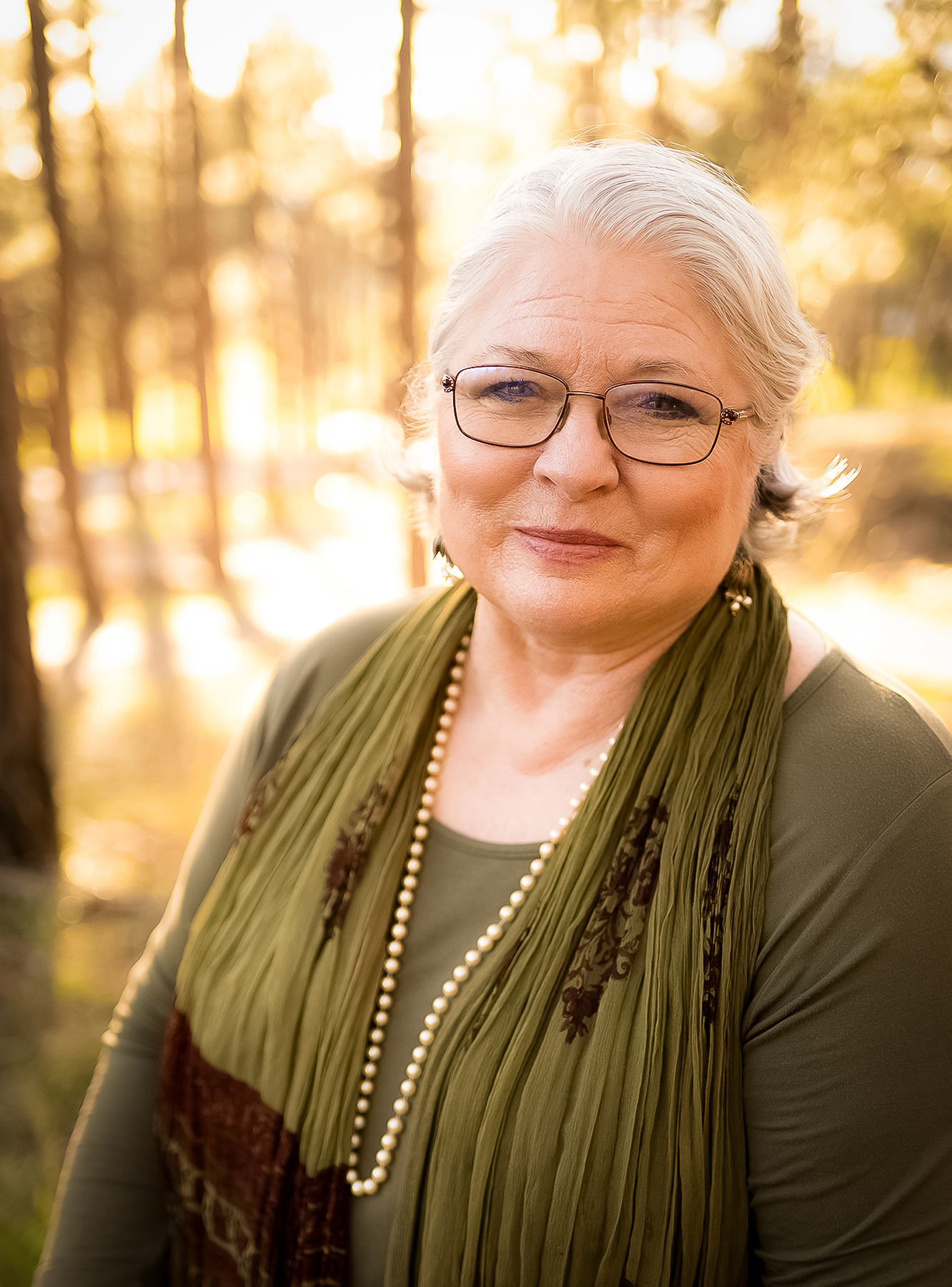
[…] For a link back to Part 1, click here. […]
[…] interested, Lancia Smith’s website features many such interviews, including ones held with Os Guinness and Malcolm […]
[…] Click here for Part 1. […]
[…] Click here for Part 1. […]